This discussion is based on a comment left by Tim Rogers (http://www.blueowlbohemia.com/). Below is his comment:
In a digital age, when social media and electronic communications trump face-to-face interactions, the presence of the glowing screen looms large in our lives. Here we are right now, in our separate worlds, interacting with physical others in virtual isolation. The forms and strictures and restrictions, not to forget the freedoms and possibilities of this digital existence, heavily influence how we read and what we read. This, of course, presumes its influence on how we write and what we write. Good or bad, it is. Amen. I can glean data points about the medium from the medium, but what about the analogue reality that’s represented there? For instance, is an ebook the same book as (the) one printed on paper? Is the linguistic representation of the world that I receive through emitted light identical to the one I get from light reflected?
When was the last time you made a meaningful mark on a stone surface in a dark cave? Leave a comment, lets talk.
- 8 Authors Who Created Literary Masterpieces Keeping Their Day Jobs - March 31, 2025
- Plotter or Pantser? A Writer’s Personality Quiz - March 30, 2025
- 100 Must-Try Mystery Writing Prompts (Solve the Perfect Crime!) - March 22, 2025
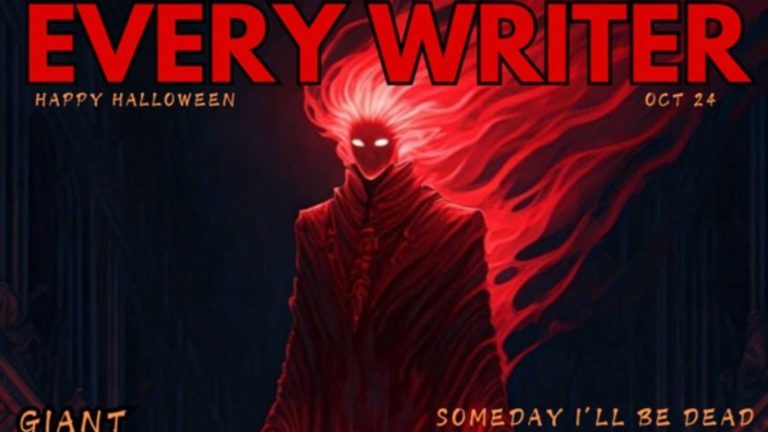
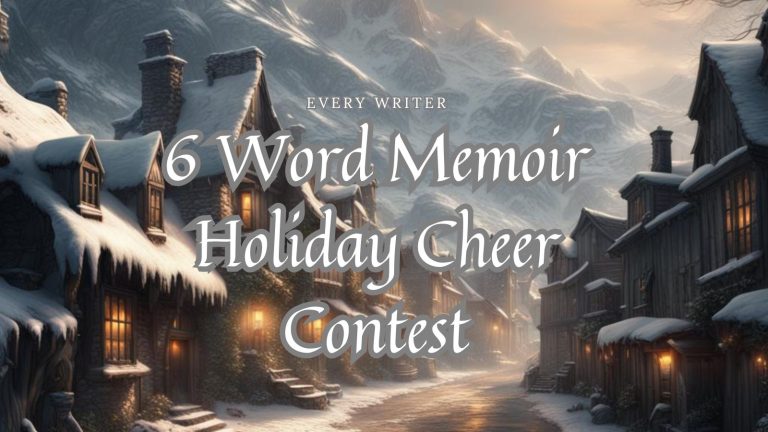
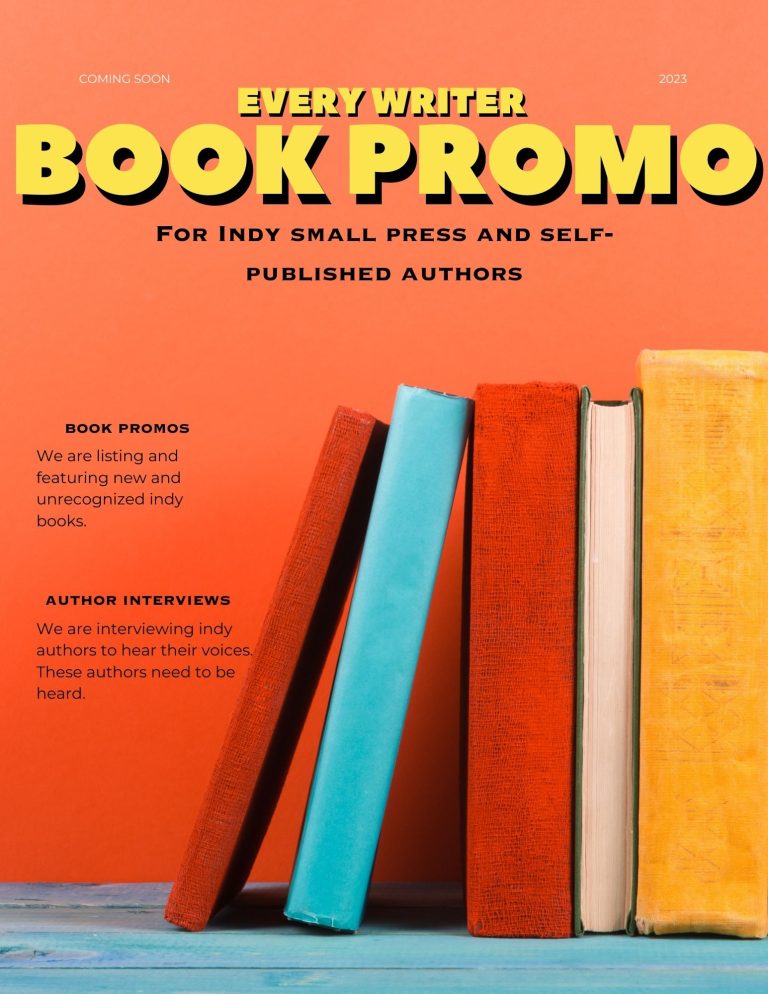
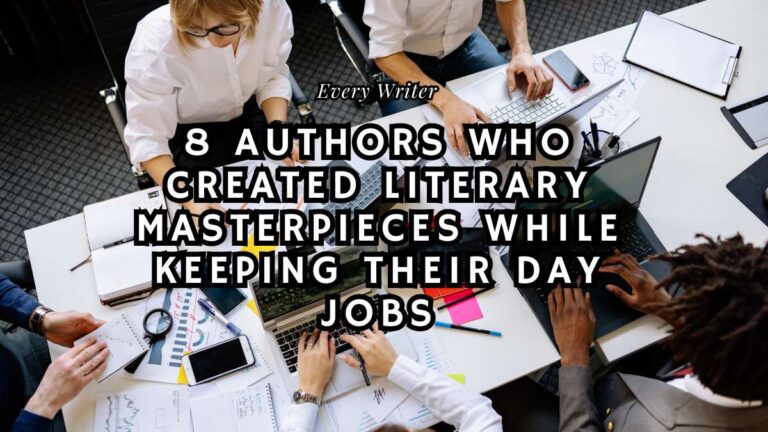
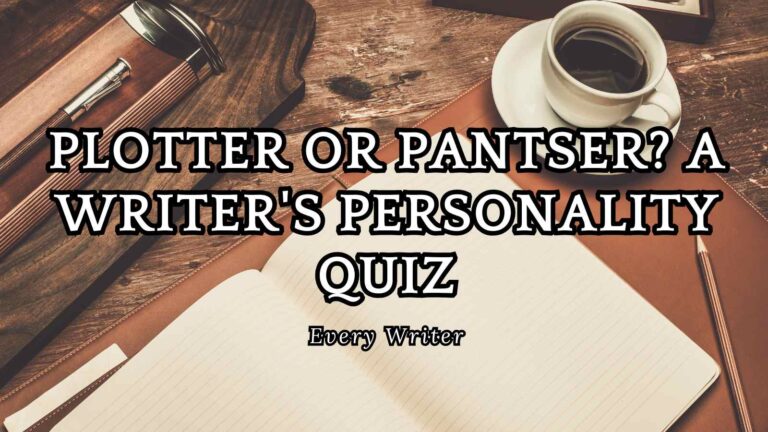
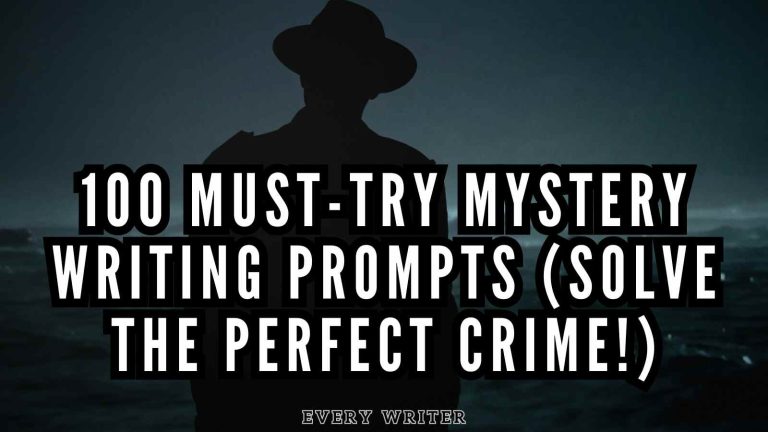
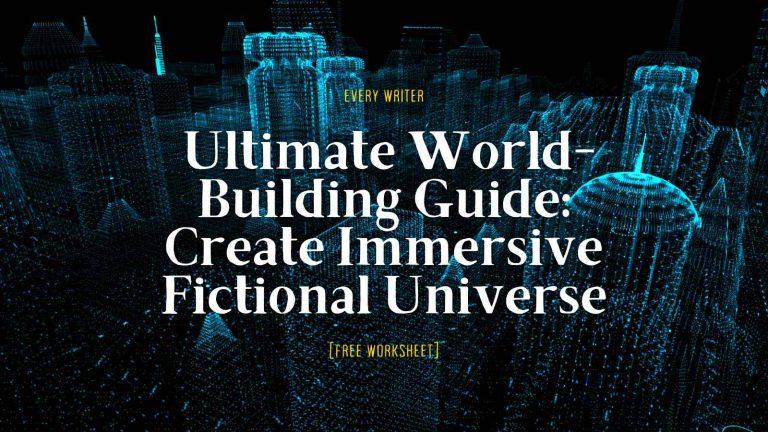
I’ve been sick guys. I’m sorry we haven’t been updating so much. It’ll start tomorrow. I’m in on this discussion. Let me know what you think.
I’m in too. But having set the topic I’m most interested in what others here have to say. I’ll admit that I have conversations with myself all the time. That said, it’s not my intention to have one here in public. I’m going to step aside while others offer their opinions. At least initially.
And I’m going to wish the admin here a speedy recovery and much health.
Well, not a lot of people are talking here, maybe we should narrow this topic and just talk about ebooks. What do you think of ebooks taking over for real world books? How do you feel about switching from paper to digital?
I assume just about all popular culture is consumed in digital format these days. But I may be wrong. In fact, I suspect that the consumption of literature may be one of the last bastions of analogue production because consumers actually still want to hold books in their hands. Or at least a bigger fraction than with other popular culture products.
Theater is still primarily consumed live, I suppose.
Yes if you take a look at sites like http://www.digitalbookworld.com/ you can track how books are doing. In 2014-2015 ebooks took a big hit http://fortune.com/2015/09/23/e-books-digital-publishing/ Odd that the popularity of ebooks fell with the popularity of ebook readers??? Yes, people still love print books. Ebooks are easier….kinda, but you have to have something good to read them on. I don’t want to a book on my phone. I like books, of course. Ebooks make more sense to me, but I don’t want to read on my tablet or my computer or my phone. I can’t find that kindle I bought 2 years ago, so the low tech is better. There is a balance…. Has anyone stopped buying books? Have you gone completely ebook?
I wonder if we’re all just too busy checking our social media feeds to indulge in a discussion.
(so much for trying to communicate at the same moment)
In what way do ebooks make more sense to you? I’ve never read one and honestly don’t see the utility. Of course, I have shelves and shelves and shelves and shelves of printed books. And I have no compunction to be able to carry them around with me where ever I go.
It’s one click honestly. You can just read it now. Oh, hey here’s that book on amazon I was thinking of, heard it was good…..click reading….ebooks/ebook readers also give you most of the classics free. Content is affordable. We don’t kill trees. Amazon has this great feature for a lot of books where you can read like 10 chapters before you buy…so there are all kinds of reasons. I too have tons of books…and I honestly cannot find my Ereader.
Amazon kills authors, publishers and whole industries, from indies to chains and beyond; production, distribution, consumption. I can’t support their business model or view of the world. They’re not useless, but they’re far from benign.
Trees are renewable. Authors might be too, but that doesn’t mean they can be farmed.
Ereaders and electronic devices of all sorts contain toxic metals and materials that mostly haven’t been and continue not to be disposed of properly or recycled.
Convenience is not always the most expedient.
To add my two cents: I am not a fan of digital/ebooks. I understand all the rational behind them, but I am still a fan of an actual paper book in my hands. With that thought in mind you set a scene. Outside as the sky darkens with gray clouds, the winter chill pushes the hand on the over-sized thermometer further into the negative numbers as a light snow floats down. Inside seated in the favored leather upholstered wing-back back chair, once a dark brown now faded from use, with slippered feet resting on the matching ottoman, a low fire radiating a primitive warmth, a glass of single malt Scotch resting, waiting, while Steinbeck keeps me company.
Cliche’? Sure. Classic? F##k Yeah!
The richness of the reading experience has less to do with my surroundings than it does with the text being read, though. Given the same book in your scenario or put in the middle of a jostling public transportation setting, well, a good read is going to pull me in and deliver me the same impact. Really. Steinbeck on public transportation? Absolutely. I may prefer a mass market paperpack on the subway or bus and a hardcover at home, but, yeah, I’m just not going to be taking it in from my ereader or tablet or phone in either situation. I’ll read the news or gather other information electronically, not a book though.
I agree with you Tim. I am an any place/any time book reader and the author or genre of book is moot to the situation. My illustration was more of scene which to me would be ludicrous to be holding a Kindle, or iPad, or other electronic device. I will concede that I am an avid electronic news reader. It is just easier to find the relevant story which interests me without having to fumble through multiple pages and getting ink on my fingers while eating a morning biscuit.
Of course I also understand and admit I am a bit of a dinosaur and they can have my paper books when they pry them from my cold dead hands.
I think that the intention, the intentionality if you will, of a book is fundamentally at odds with electronic media. My opinion about this is intimately connected with time, how long it takes to produce a book on the one side and to consume it at the other end. Time is not the only factor in this view, of course, but a big player in the equation. I intrinsically use and consequently view electronic media as a transitory, eat-and-move-on experience. Physical books have a continuity in space and time that relates, correlates, well with continuity of thought involved in following a story, narrative, character, analysis, examination that takes time to construct and evolve.
And simply, reading a printed book I am never at the mercy of battery life. I have many fond memories reading as the light dimmed, yellowed and wavered as the batteries in my flashlight lost power, but that’s a different thing and I wouldn’t trade those memories for anything. I’ve also done a lot of reading by candle- and firelight, so there’s still a clear work-around to the battery power issue with printed books.
Tim (and any other silent reader),
Since it would appear we are both on the same page,(pun intended), regarding bound books over ebooks I will submit this thought. Have the established norms of the publishing world forced ebooks to happen? Speaking from my own experience I am a frustrated writer with -many- rejection letters. The friends I share my stories and books with love them and always encourage me to continue to write. So what do they see that a publisher or agent doesn’t? If I want to share my stories with a larger audience, which why not isn’t that the goal to bring a story to the masses? Because the rules of the publishing houses are just as twisted as politics the chances of getting major, and sometimes minor, publication would seem like climbing the impossible mountain. Now I, like all the rest of the world, like we are right now with this topic thread, are going to the electronic “web” where we can connect with the masses in a new way. No longer bound by the conventions of Random House or Penguin anyone can post their story on their blog site, or on sites such as Wattpad and it is free for everyone to read at their leisure. There are many great writers who could and should be published but they just don’t have the inside track or the right agent (lobbyist) to get their stories into bound print. In short; the people no longer need publishers to get their work into the hands of the readers as long as the reader has an electronic device. Oh, look we do…….
Remember when you could walk into someone’s house, apartment, office and see their bookshelves lining a wall(or the lack there-of)? Invariably a moment would come, maybe she’d need to answer her phone, wired to a wall in a different room, and she would politely excuse herself and you’d idly take the opportunity to peruse those shelves, drawing certain conclusions from what was there (or not there). Are those suppositions now rendered moot because whether there are pine, maple or oak bookshelves present or not we’ll never know what library that person may be carrying in her pocket or purse? Is that another facet of the great equalizing power of ebooks?
You have a nostalgic and introspective point of view. The previous post describing reading under the waning light of your flashlight, this made me think of several songs two of which are: “Radio Gaga” by Queen. “I’d sit alone and watch your light. My only friend through teenage nights, And everything I had to know I heard it on my radio.”
“Rock n Roll Radio” by The Ramones. “Do you remember lying in bed, With your covers pulled up over your head? Radio playin’ so no one can see. We need change, we need it fast, Before rock’s just part of the past ‘Cause lately it all sounds the same to me.”
Your scene involving the bookshelf can also be said about music collections, now sequestered from view, hidden on phones and computers. Is this to become the new paradigm of the modern society? Will art in all forms soon become digital? We take pictures with our phones, post them on the web for everyone to digitally see, but fail to put them on our walls or photo albums. We paint with Photoshop and hang work in a digital gallery?
Is this digitization of our interests and pursuits a reason why people have forgotten how to talk to each other? To continue your setting: You peruse the bookshelf while she is on the phone. There, on the shelf you see Harlequin Romance books next to Tom Sawyer, Piers Anthony fantasy juxtaposed to Carl Sagan. The phone call ends, she comes back and with an embarrassed laugh says, “You caught me. Yes, I’m sort of nerdy and like Carl Sagan.” The rest of the night is filled with an intimate conversation of thoughts and interests.
Now we just tweet and periscope and Facebook.
Well if nothing else at least there are still the Amish and kids with cans of spray paint.
I thought getting nostalgic might help to spur some inter-generational discussion. I don’t know whether to think that you and I have frozen out those who grew up in the digital world because they can’t relate or if they’re just too disgusted by our analogue sympathies. I’d like to think that writers of whatever age tend to be more accepting and inclusive and thoughtful, empathetic and compassionate than I was before I cultivated a taste for literature. I know it’s taught me a lot. I don’t think my gains came only from the smells of the books I read and handled.
‘ course I never liked getting hit by dinosaur xit slung by the primates who hadn’t yet evolved. Now if you’ll excuse me, I need to go feed my coal furnace.
If it would help others to join the conversation, I would be open to learning the acronym twitter language. There is such a large variety of them; LOL, LMAO, TTFN, CYA, and so many others abbreviated terms which allow people to have entire conversations without having to write a single complete word.
Now I wonder if a book could be written in this manner? If it could, I am sure it would get instant publication and lauded as original and genius, with a compelling story line and plot twists which will keep the reader guessing right up to the end.
Any takers?
Conversations online start slow. You have not pushed anyone away. Other generations are around, but it will take a little time and a few of these conversations before others start posting, generally that’s how it goes. I will post another discussion tonight.
I would only add there are great leaps between generations today. Technology is outdated in a year or 2 now. If you watch a tv show from 2012, all the tech seems so outdated. Anyone under 25 is very used to it. They understand the swiftness of it. So ebooks were popular a few minutes ago, might not be tomorrow. I’m not sure if to them, it even has an impact on paper books.
Maybe next we will talk about self-publishing? The good the back and ugly? Input for the next topic please……
If just about everybody has the ability to create content and then to self-publish what they’ve produced literally at their fingertips, what is an editor today? Are they the current version of quality control at the buggy whip manufactory?
Dan, your book idea does not inspire FoMO. Not for me, at least.
“…what is an editor today? Are they the current version of quality control at the buggy whip manufactory?”
Sorry to put this in such a brunt and succinct manner, but yes. Websites such as Wattpad allow for self-publishing without a formal editor. Maybe some of the writers have peer-review from a writing group they are a part of; maybe they do not. Wasn’t Bram Stokers “Dracula” written in the format of letters and log entries? Is a blog nothing more than a person’s online diary which spawned the best seller “Julie and Julia”?
Does a writer seek publication for profit or to share their story with the world; maybe it’s both? But either way the story is going to get told somehow and many younger writers probably are looking for the shortest line to the dollar sign. I will continue to use –faulty- inductive logic and suggest many writers also see large publishing firms as institutions of repression; selecting works which will provide the largest profits regardless of quality.
Vive la –electronic- revolución!
Vive la –electronic- revolución?
Institutions of repression. Probably not wholly inaccurate. But is that °necessarily° a bad thing? The big houses take enormous risks. How many titles turn a profit? Woefully few. Look at how many quality volumes wind up remaindered, the publisher unable to sell the run they staked their initial investment on. And lots and lots and lots of those titles are damn fine literary efforts. Maybe that in itself speaks against the role of editors. It’s probably harder to identify what will make a book a best seller than it is to identify what will make a video go viral.
Standards, though, does anybody remember those? Those things which don’t rise to the level of an accepted standard might be better off, or might leave “us” better off, being repressed.
There is now a self-publishing discussion. It starts off in this thread. Please take a look https://www.everywritersresource.com/discussion-what-about-self-publishing/
Standards or now we should look to some of the writers who have done very well in self-publishing. Many are making the best sellers’ list.
Sales are no indication of quality. Or significance. Hot dogs sell really well, too.
Hi, good day! I’ve been assigned to a task to discuss,make a report like term paper,research paper about this DIGITAL AGE. But i find it hard to where to start and to elaborate because it covers a lot of field. Hoping that you may help me. Thank you, i will be grateful for this
-ron (im a College student)